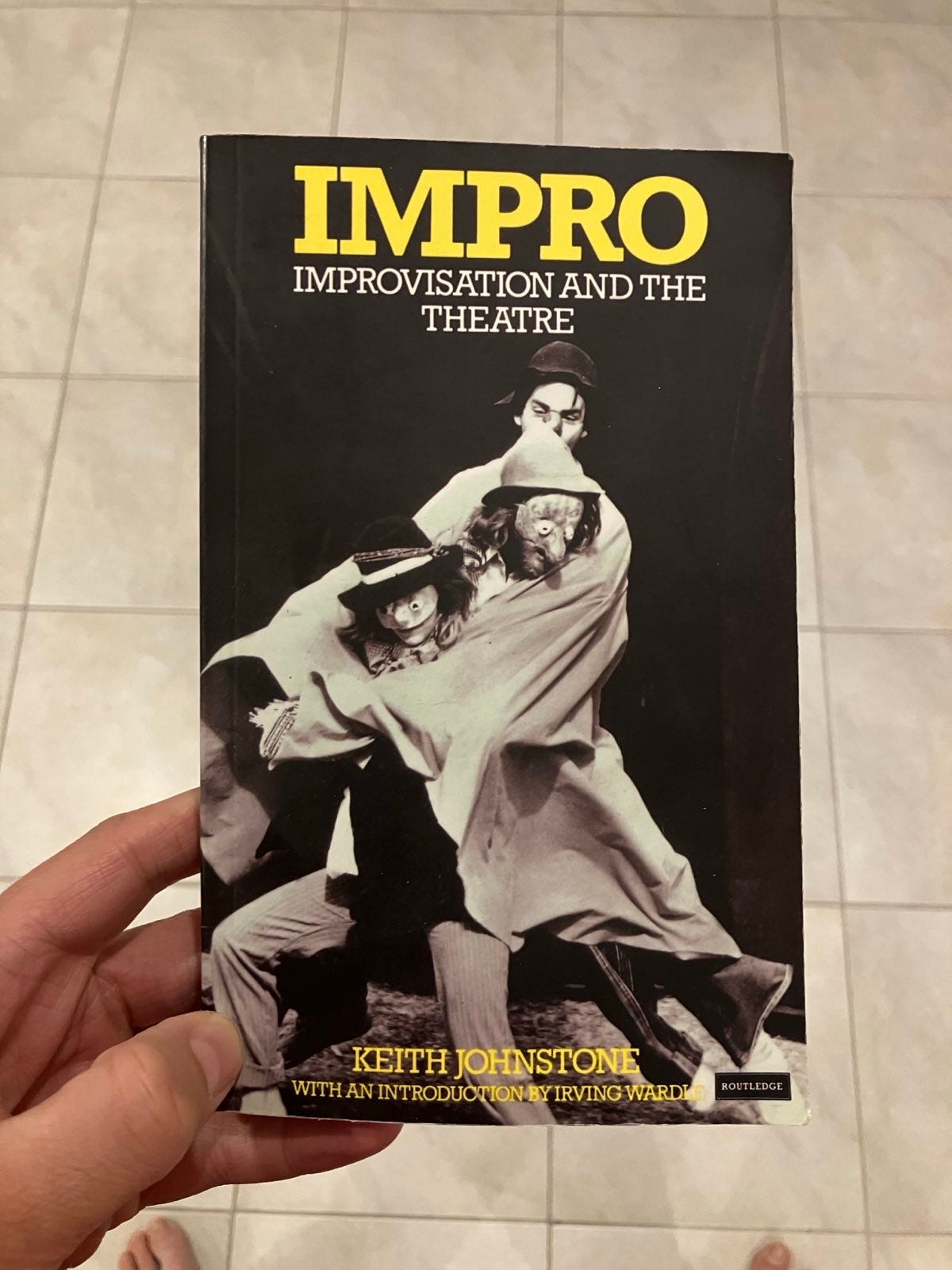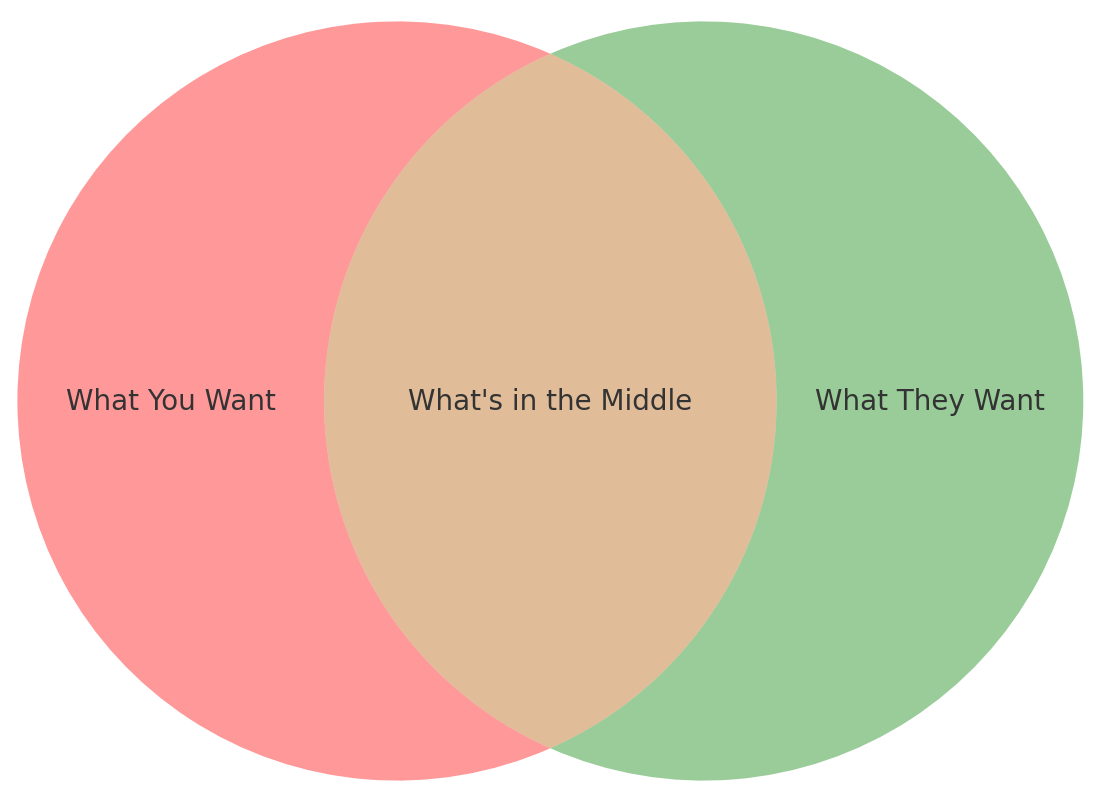On multiple occasions, I received the feedback that I “punch above my weight” in terms of my online activities.
Meaning, I somehow manage to get “big names” on my YouTube channel without having tremendous metrics (around 40k subscriptions when I last checked).
I’ll share my secrets today.
Firstly, a foundational part of “punching above your weight” is not belonging to—or not wanting or caring to belong to—a “higher weight class.” By that, I mean not having a larger audience, and not wanting or caring to have one.
I’m satisfied with whatever my subscription numbers are. I don’t pay attention to them. Comments are disabled. I don’t check in on the channel, and I never look at in-depth stats beyond the surface-level view count.
Not caring allows you to play a different game.
Secondly, framing is important. The Stoa is not a YouTube channel. It never was a YouTube channel. It’s something else that happens to have a YouTube archive of past recorded events (and not all events are recorded).
If this seems pedantic, it’s not. It’s just accurate, and it helps prevent false pattern-matching, at least in my mind, so I don’t end up playing games I don’t care about.
Never be defined by something you’re not.
Thirdly, and most importantly, know how to “nerd snipe.” It’s the most esoteric social skill needed to punch above your weight. The term comes from the webcomic xkcd and describes a situation where someone presents something fascinating to a curious person (the “nerd”), who then prioritizes what you showed them over everything else.
Basically, I nerd-snipe people with what they can do at The Stoa, prompting them to ask questions like:
“What is this strange and mystical place you call The Stoa? It has all these interesting guests, but puts little effort into YouTubing best practices. Is this a cult? A psyop? Dare I say... a community?!?”
My response:
“No, it’s not. Why don’t you come and find out what it is?” 😉
The throughline with guests at The Stoa is that they’re nerds—meaning they’re passionate about niche intellectual topics.
My people.
Nerd sniping does need to be complemented with something: status sniping.
To status snipe someone, you have to position yourself or your project as high enough status in their eyes. One simple example: when I invite a guest onto The Stoa, I mention previous guests whose status they will value.
If I’m inviting someone from the political left or right, I’ll mention someone who closely aligns with their political worldview. Given that I purposefully cultivated a politically and philosophically diverse guest list (read my 2018 white paper for the reason why), I have no shortage of options.
To status snipe well, I suspect you need an embodied status literacy. The best way to develop this is through improv. And to do that, go straight to the main pioneer of improv: Keith Johnstone1.
Stop reading this now and purchase his legendary book Impro and read Chapter 4: Status.
When teaching improv, Johnstone realized that scenes were more compelling when the actors focused on their social status—playing lower or higher status than others—instead of focusing on other aspects, like character or body language.
I took many improv classes when I was younger, and I credit them for giving me an embodied understanding of status: an invisible language that everyone, everywhere, is always speaking and responding to.
So yes, status literacy is a game changer. However, I don’t like status sniping people, because that’s not a game I enjoy playing.
Here’s a heuristic: if someone requires too much status sniping, they’re usually boring. They’re not in love with the ideas like the nerds are—they’re in love with the clout that comes from presenting the ideas.
Not my people.
The last thing I’ll share, which seems so basic but people often forget it, and which is absolutely essential for both nerd sniping and status sniping, is this: know what the other person wants.
Also, of course, know what you want, but not at the expense of ignoring what they want.
A mutual awareness of both allows for an intuitive Venn diagram to form, where you can sense the shared interest space and discover what lies in the middle.
When I was a trainer at Dale Carnegie, we had to memorize their top-secret “Golden Book” of 30 principles from How to Win Friends and Influence People.
To summarize the principles: stop making everything about yourself, understand others, what really drives and motivates them, and then act from there.
It’s an extremely basic skill, really, but no wise agents will emerge without it.
Related to my “existential project” on social and public speaking skills (see here)—which the skills from this entry draws from—my new friends at Ultraspeaking will be visiting The Stoa soon. They offer an innovative approach to speaking that I’m curious to learn more about. In the meantime, you can join their waitlist for a free 60-Minute Live Class here.
Also, check out upcoming sessions at The Stoa, including the return of
!Team: Getting Things Done with Others w/ David Allen and Edward Lamont. June 2nd @ 12:00 PM ET. RSVP here.
AI Embodiment w/ Ari Kuschnir and Schuyler Brown. June 9th @ 12:00 PM ET. RSVP here.
Internet’s Dark Forests w/ Marta Ceccarelli. June 11th @ 12:00 PM ET. RSVP here.
iConscious: Accelerating Human Potential w/ Ted Strauss. July 7th @ 12:00 PM ET. RSVP here.
High Archetypal Penetrance w/ Tim Read. July 9th @ 12:00 PM ET. RSVP here.
Keith visited The Stoa before, which also features
whose book The Elephant in the Brain: Hidden Motives in Everyday Life is another important book on status.





